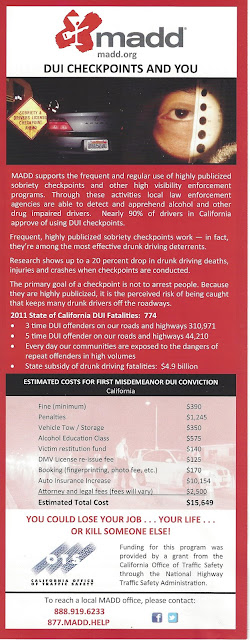Now that I'm in Honolulu it was an opportune time to visit Mom's brother-in-law, Uncle Joe, and Mom's cousin, Aunt Ellen Jean. Both turned 90 the past year and are in declining health (which is better than some alternatives).
 |
| Uncle Joe often ignores well-meaning advice. |
The wet Manoa weather had finally rotted the front of his house to the extent that it couldn't be patched. It took three months to repair, but Uncle Joe's picture windows are looking fine, as does the owner.
He does need a home-health aide to get around, but when I saw him on Friday he was chipper.
After four hours of conversation, including dinner,
I was fatigued and had to leave.
Auntie Jeannie was in the hospital. Franklin, her nephew (Jeannie never married and has no children), informed us that she had fallen and was in a coma.
Her nose and mouth were outfitted with breathing tubes, so I had a trapped audience as I prattled about the past. I talked about how much I enjoyed going to her parents' house in
Kapahulu back in the Sixties. There was always a poker game going in the back patio; grand uncle John would have a whiskey in one hand and a cigar in the other. Grand aunt Bertha was always smiling and laughing and pushing food at me. Bertha and her sister, my grandmother
Sarah, could chat for hours.
Jeannie’s eyelids fluttered, a good sign, and the nurses told me that she was awake and listening.
An hour later the doctors said that she could breathe on her own, and they removed the tubes. Color came back to her cheeks. I called Mom on FaceTime, and she spoke to her cousin at length. (I had an ulterior motive for the video call; without it Mom would have interrogated me at length about Jeannie's appearance, so I saved myself a half an hour of uncomfortable questioning by my mother---is there any other kind?)
Franklin called the next morning to say that the hospital had moved her out of intensive care. That was good news; unlike last time I won't let three years pass before seeing her again.











































